Original guitarist celebrates 50 years with Jethro Tull Anniversary Shows
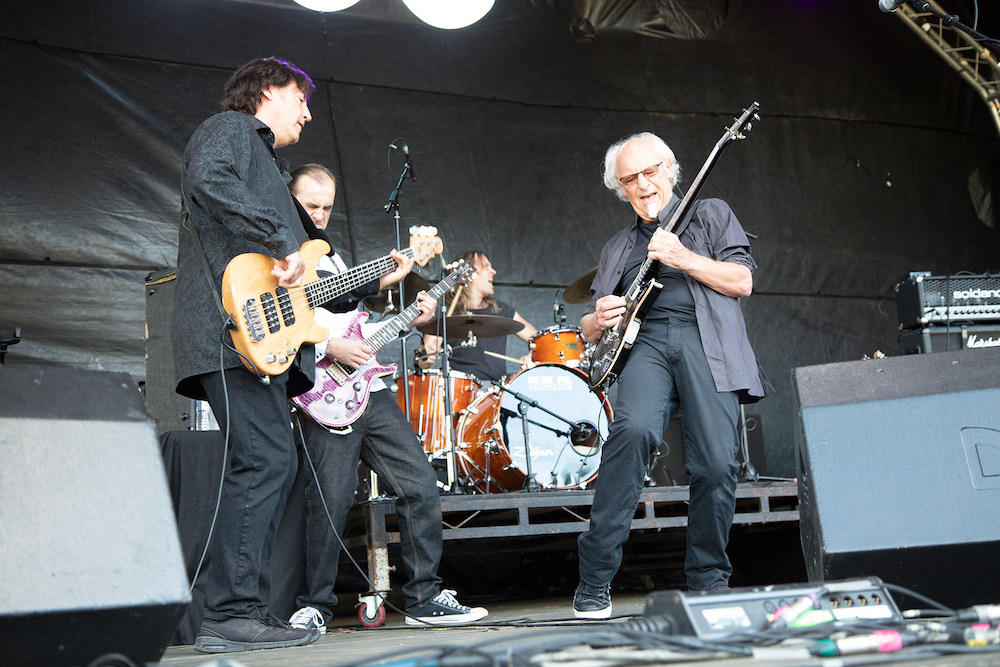
Alongside Ian Anderson, Martin Barre has created the most iconic music in rock and roll. From “Aqualung” to “Thick as a Brick” to “Locomotive Breath”, Jethro Tull defined a sound that was unparalleled and never fully replicated up until 2012 when his collaboration with Anderson ended with the two parting ways.
“If you are painting a room. Ian would put on the first coat,” Barre said. “I would certainly put on the second coat and possibly go around the edges and tidy up the borders, hang a few pictures on the wall. I’m good at the finishing touches. I never sat down and identified what I did or didn’t do. In nearly every song I had an input to a greater extent. If you strip it down, it was me and Ian. Ian came up with a song from the chords and then I added guitars, riffs, solos, ideas, middle eighths. That’s how it worked. We worked really well for that 43 years.
“There was no formula,” he continued. “Every song was taken on its own merit. Some songs were taken as skeletons in its basic form and needed a lot of work. When you take a song like “Thick As A Brick,” John Evan, Barry Barlow, myself and Ian, we were coming up with music on a daily basis. What are we going to do with this? We need an idea? We need a guitar thing. We are going to do a keyboard thing here. It was very hands on from beginning to end.”
Martin Barre Band – Locomotive Breath at Daryl’s House Club
A modest example on the organic experience the band had working together, Barre never took that experience and freedom for granted and is still very “hands on” through his solo work. Now, Barre is back on the road celebrating 50 years of the music of Jethro Tull. One of the stops on the tour was at the historic Irving Theatre in Indianapolis, May 9.
On tour with Barre is Dan Crisp on lead vocals, Alan Thomson on keyboard, Darby Todd on drums and Becca Langsford and Ali Hart performing backup vocals. For the Tull heads out there, Barre has brought with him two special guests to the tour—Jonathan Noyce and Clive Bunker, both a long time part to the Tull musical history.
“People in the states have not seen Bunker since those early albums,” Barre said. “It’s a real special treat for the fans. Each of these members adds so much to the sound to the music that we do.”
Add in a dominant video elements and theatrical productions to the show, and Barre hopes it will be a fulfilling experience for every Tull fan.
Jethro Tull – Black Sunday
“I’ve always enjoyed the theatrical elements of Tull, and we have been over the top in the past. We were sort of the leaders in that field and were going on the road with a theatrical show when no one else was doing it. We had the pyrotechnics and the video screens. Jethro Tull found ways to produce live music in a different way. I missed those days.
“What I am doing now, it’s very subtle and not overbearing. The screen compliments the music in a very pleasant backdrop way. It’s the spripped down Martin Barre band that usually comes to the States but with all the fireworks this time. I love the fact that we are putting on a big show, and I am thrilled to be a part of that.”
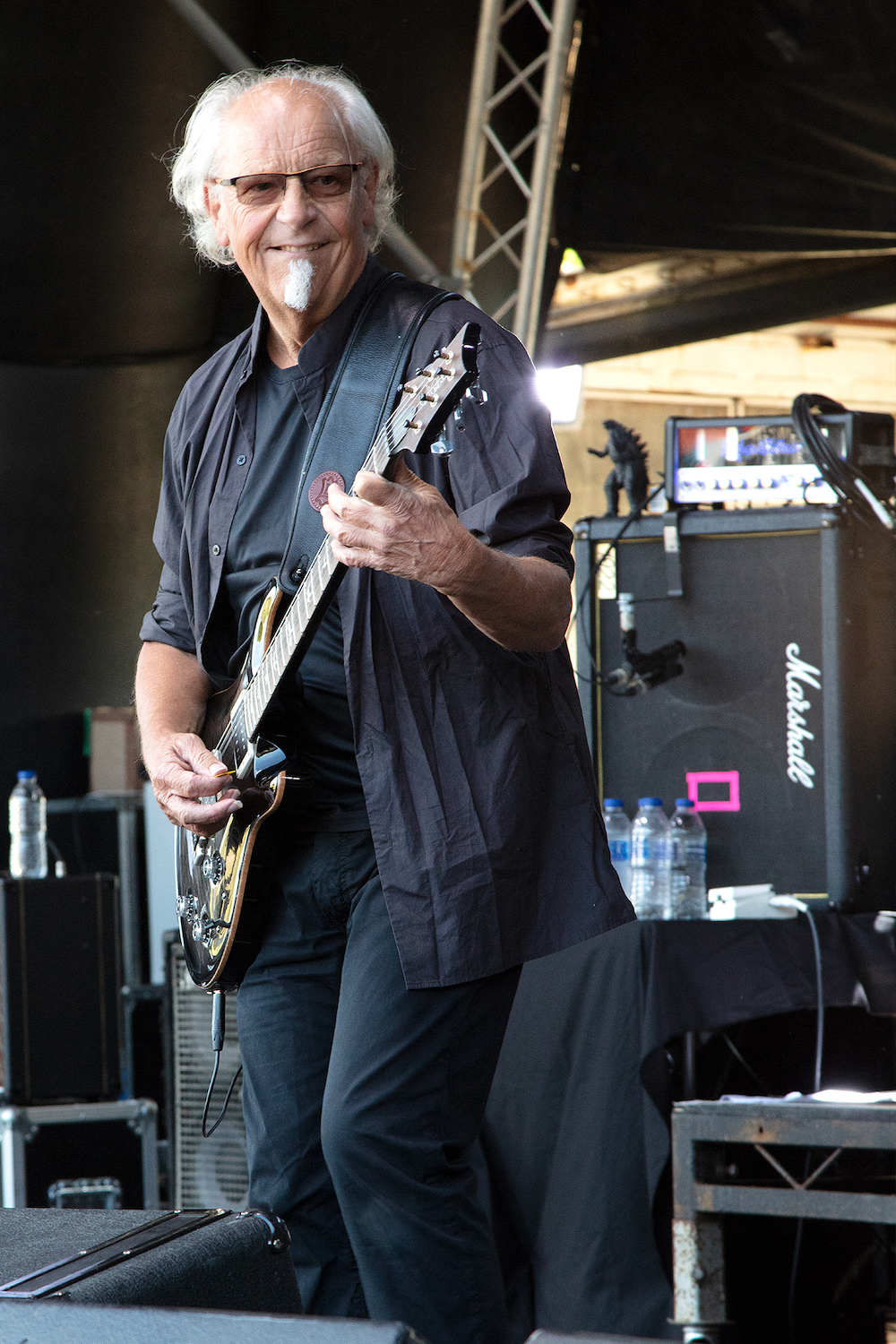
That theatrical element was important to incorporate the traditional folk elements and let them intermingle with the classic rock structure. Both Ian and Barre were showman that burned strong in the 1970s and then seeped into the ‘80s. When you watch Slipstream, music from the album A, you can experience just how progressive the band was and embracing technology. Although the current tour is a retrospect, Barre never lost sight of moving fowrard.
“I never stopped learning. I’m learning now. When it was eight years ago, and I was released from the encapsulated musical career, Jethro Tull was not a great place to be. It was very competitive. There was no inspiration. It was a very fragmented band. It felt like no one wanted to be in it. So it was a good time to finish it. Because Ian was a bit restrictive in his material, I wanted to go back into the cut and make big productions like the old music. But Ian wouldn’t do it so we ended up playing music that wasn’t so guitar heavy. I didn’t mind. When I was suddenly released, I quite liked it. I didn’t realized how little I was playing until I was on my own with my own band talking, playing, writing. I was the guy up front. At first it was a real shock. It really, really shook me up. Then I thrived in it. I loved it, and I still do. I’m playing more and I love what I am doing. I am in a much better place than I have ever been.”
The music of Jethro Tull is one of the most important pieces of Barre’s life, and this tour is a testament to that.
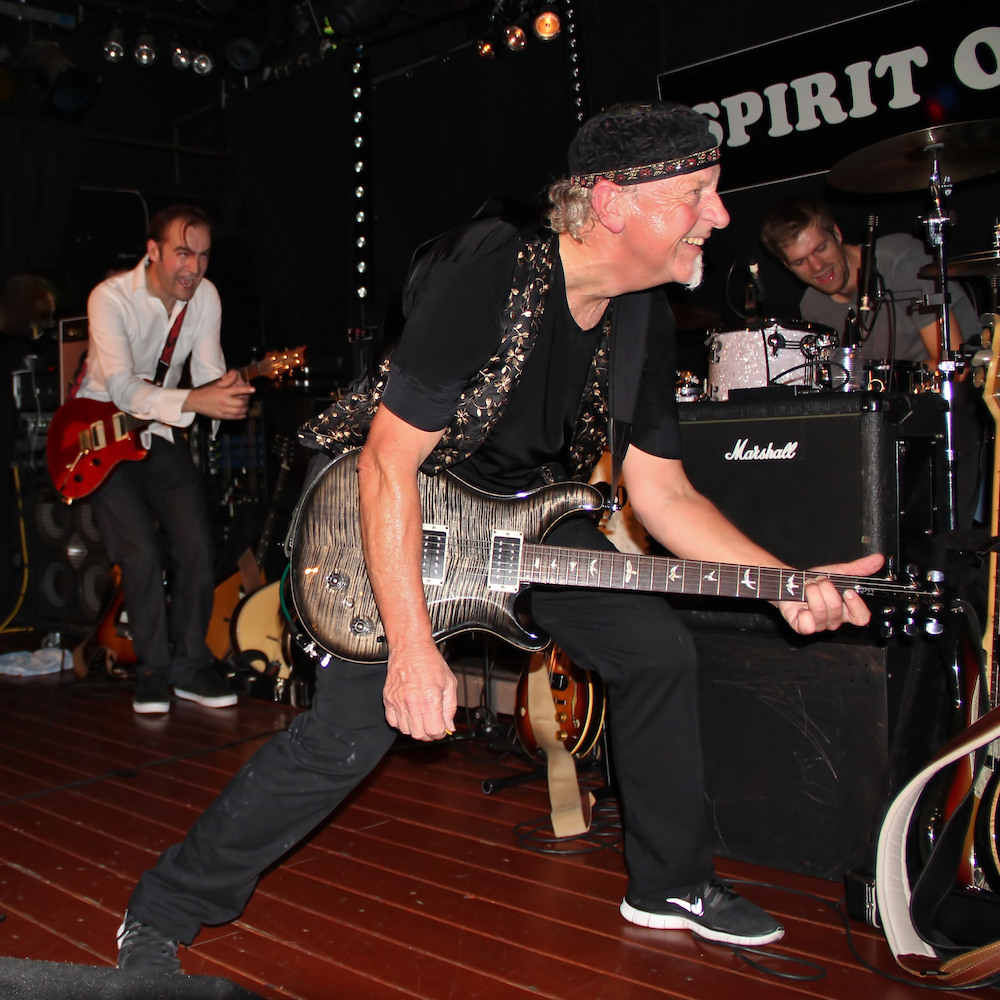
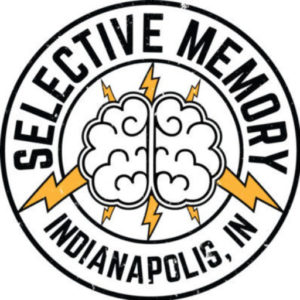
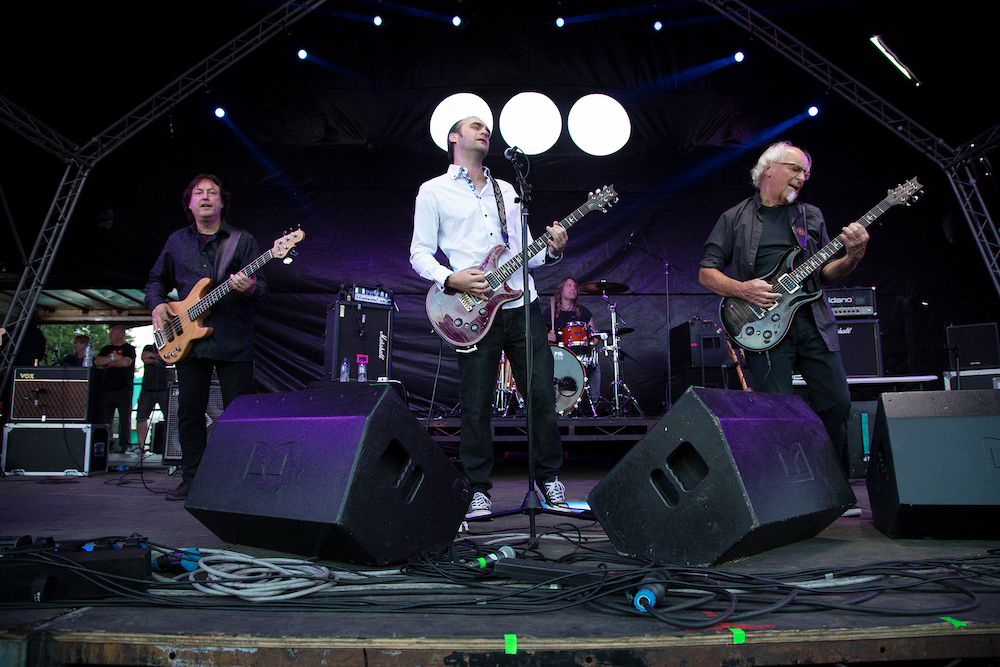
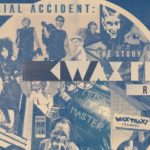
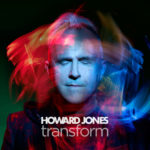
No Comment! Be the first one.